Distributed Web of Care
Ecological Futures
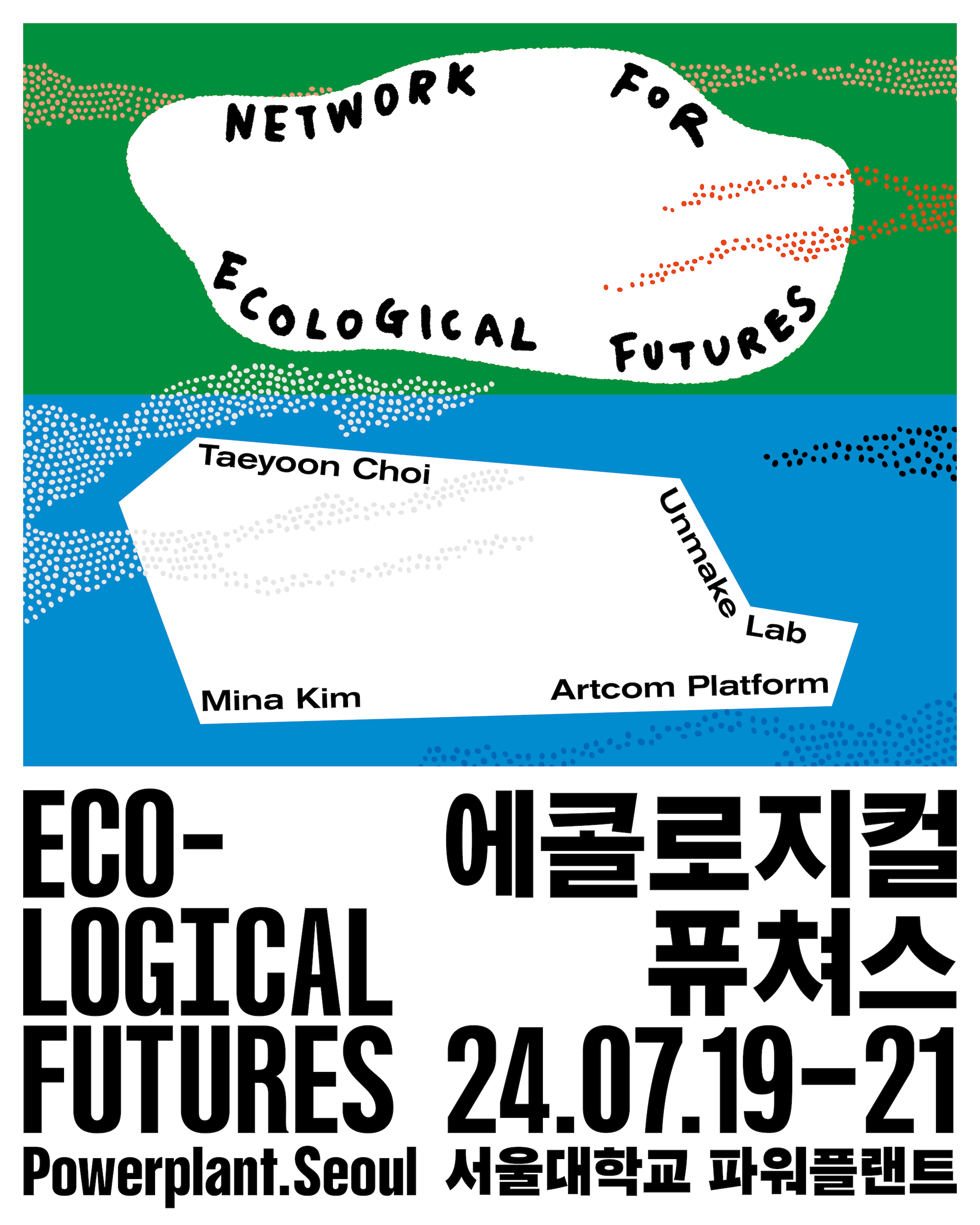
Network for Ecological Futures is an initiative of the Public Discourse program at rearc.institute and a three-day symposium between July 19 and 21, 2024 at the Power Plant, SNU Institute for Culture and Arts in Seoul. Initiated by Taeyoon Choi in collaboration with Unmake Lab, Mina Kim based in South Korea and Artcom Platform based in Kazakhstan, the symposium explores our relationships between urbanism, technology and ecology towards multiple futures. The program includes performance and party featuring Mina Kim, Re#sister Korea (Mina Kim, Svj!n, Younwon Sohn, Jisoo Park, Soo-hyun Moon, LuNa) and Y2K92 + Taeyoon Choi, Workshops by Artcom Platform, Mina Kim and Unmake Lab.
Location: Seoul National University Powerplant. Seoul : Map
Dates: 2024/7/19-21
- 7/19 Workshop and Performance
- 7/20 Symposium
- 7/21 Workshops
Participation fee of 10,000 Won per event.
(If you have difficulty registering onoffmix.com, don’t hesitate to contact us)
Symposium will be live-streamed via Taeyoon Choi’s YouTube Channel
Contact: studio@taeyoonchoi.com
Network for Ecological Futures is a Public Discourse Program of rearc. institute
Support: Seoul National University Institute for Culture and Arts
7/19 Places and Us.
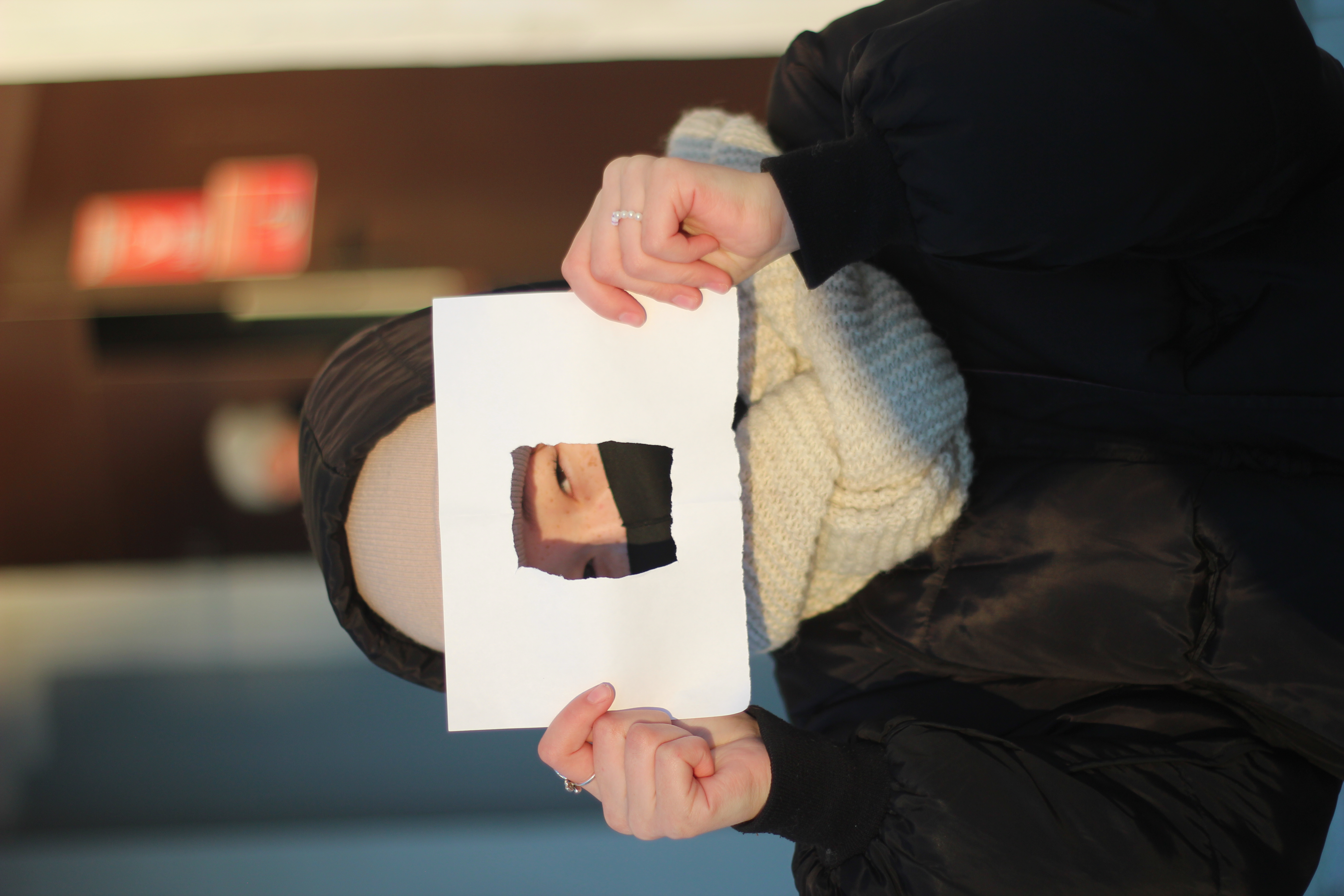
Places and Us. Series of exercises dedicated to acknowledging presence and movement as it shapes our identity and connection to places we’re from and are.
The workshop will be held as part of the Beine project, which stands for “image”, “depiction”. Beine was created within the Art Collider School in 2021. The project arose from a desire to bring creative practices to rural schools to capture less documented places through artmaking, sharing local knowledge and stories, while reimagining the past, current and future within the context. It is intended to bring attention and appreciation to spaces we inhabit, as well as creating as a community, learning about oneself, highlighting questions and solutions, and finding ways for contribution of ideas.
During the workshop we will explore our surrounding spaces and landscapes through a viewfinder, a small paper contraption, and capture what is not immediately on sight. Then we will conceptualize the images through collective artmaking and define what it represents for each participant. Through these pieces we will draw a map in which our contexts will collide, resulting in a space in which we can reflect and solidarize.
- Workshop will be conducted in English with Korean interpretation
- Register
7/19 Performance
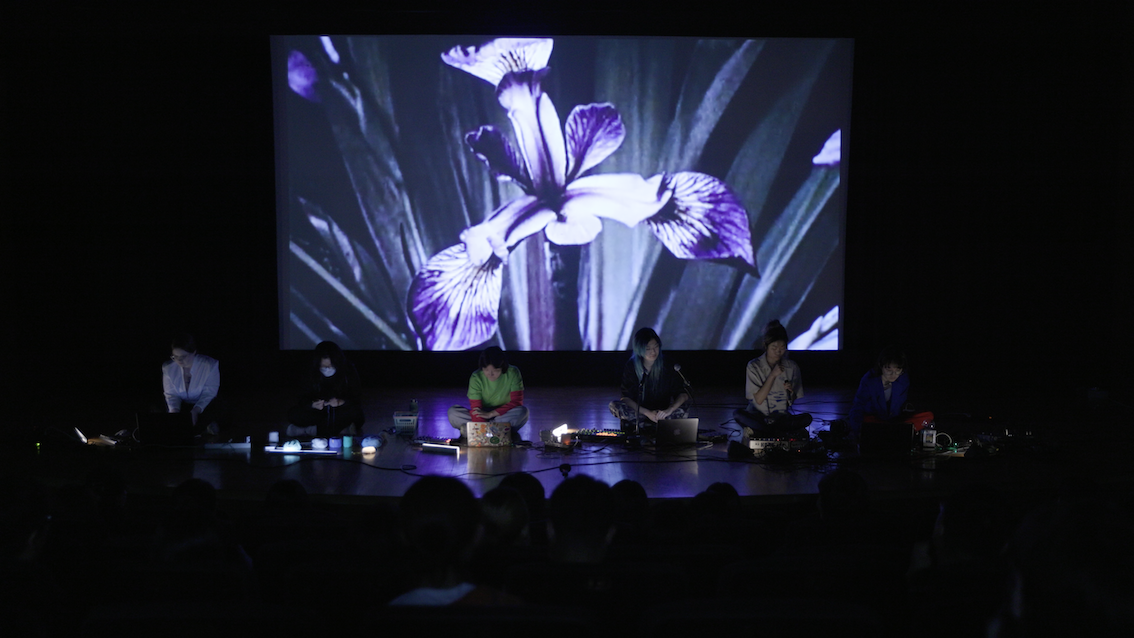
7/19 7-9 PM Ecological Futures Performance
Mina Kim
‘Unstable Play’ is an audiovisual performance which consists of e-waste instruments ‘Playful Obsolescence.’ The e-waste instruments are installed on the floor, making a waste map. During the performance, the performer(artist) walks around the installation and plays the instruments. The sounds from e-waste instruments are subtle, rough, and unstable. The performer plays with this instability and dedicates her performance to all the Wasted E(wasted beings).
Y2K92 + Taeyoon Choi
New performance in collboration by musical sensation, Y2K92 and visual artist Taeyoon Choi.
Re#sister Korea (Mina Kim, Svj!n, Younwon Sohn, Jisoo Park, Soo-hyun Moon, LuNa)
Re#sister is a group of non-binary or women who are interested in sound or electronic music based around WORM’s sound studio in Rotterdam, the Netherlands, founded in 2018. Members of Re#sister make, learn, and help together to make and play electronic and experimental sounds. In March 2022, Re#sister Korea, the South Korean branch of Re#sister, was formed in Seoul and has continued to exchange music, art, and creation of interesting performances through their regular meetings(Plug-In).
Liquid Bodies is an audio-visual performance that uses sound, visuals, and the movement of bodies and objects to express a sense of the body as something that is not fixed, but constantly changing, moving, and flowing. Liquidity is also a word that can describe the work and practice of Re#sister Korea, whose members have female, queer, and non-binary bodies. Gathering together to improvise and jam with an interest in experimental sound is the core identity of Re#sister Korea. With different identities and working methods, the members of Re#sister Korea have diverse ways of coming together and perceiving sound. Electronic and acoustic music, drawing and video mapping, voice and body movements come together in one space to make sound, sense sound, and share experiences of sound. Bodies freely disperse, converge, and flow in the process of improvisation, flexible yet strong, indefinite yet energetic. Rather than following a specific narrative, Re#sister Korea’s performance follows the unpredictable flow of liquidity and invites the audience to join the Liquid Bodies.
- 7-9 PM
- Register
7/20 Symposium
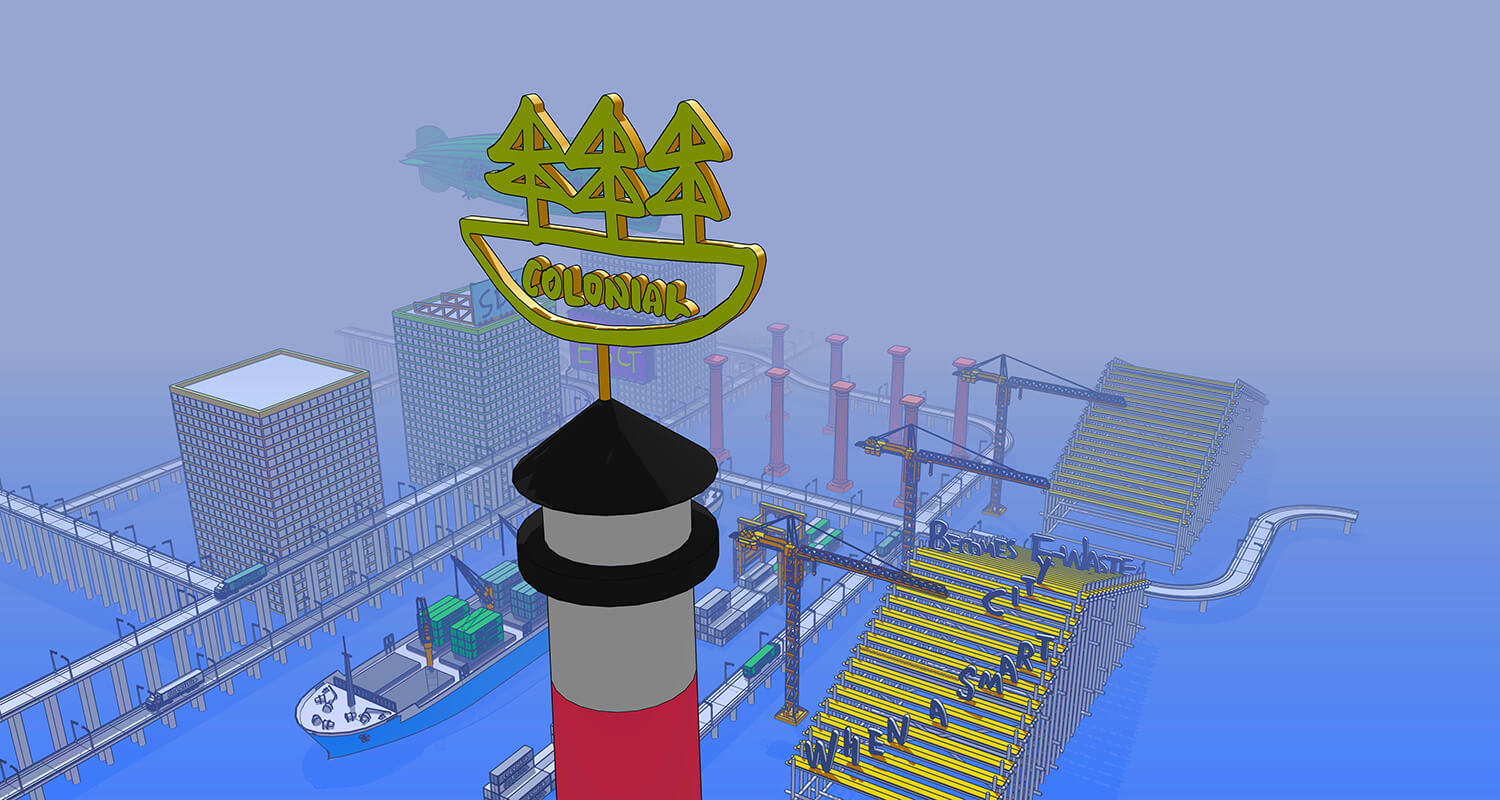
7/20 1-6 PM
Presentation by the Network for Ecological Futures, including Taeyoon Choi, Unmake Lab, Artcom Platform and Mina Kim
Taeyoon Choi, Green Utopia
He feels infuriated by the hype around Big Data and AI, which is in fact a face lift of centuries old technocracy and techno utopianism, and feels cynical about the greenwashing that undermines the reality of the Global South. He tries hard not to lose the sense of his innate optimism, he explores degrowth, post-growth, interdependence and solidarity through art and technology.
Unmake Lab, Pediction without Future
This talk will explore the traces of “Generic nature” left by developmentalism, connecting ecological causality with the predictability of technology. It weaves together machine learning experiments, field trips, and speculative stories about beings we increasingly cannot sense. What do we call this sense of ‘prediction without future’ that is slipping out of our hands?
Artcom Platform, Care for Balkhash: Uniting Communities for environmental and climate justice through art and science.
Artcom Platform team will present Care for Balkhash, an open initiative that engages communities and institutions in collective care of the ecosystems of the Lake Balkhash, which are facing environmental, social, economic, and climatic challenges due to anthropogenic impact.
The team works with local spaces and communities through researching history, culture, ecology and producing local knowledge for conservation of the ecosystems of Lake Balkhash, and sustainable futures of the region.
The artists will share their strategies and methodology of engaging local communities, scientists, cultural practitioners, local governments, international organizations and state representatives in the collective efforts of preservation of Lake Balkhash. They will discuss the various tools and practices they employ, including collective research, expeditions, interdisciplinary educational programs, participatory exhibitions, and art interventions as grassroots action towards environmental and climate justice.
Mina Kim, Sensing the pollution of digital technology
Is digital technology ‘green’? Can digital technology create a clean, green future? Through her artistic research, artist Mina Kim examines the issues of waste, carbon emissions, and pollution behind digital technology advancements’ clean, sleek, and futuristic image. During the talk, the artist explores the contradictory relationship between digital technological advancements in our society, such as artificial intelligence, smartphones, and social media, and the pollution they create.
- Taeyoon Choi, Unmake Lab and Mina Kim will present in Korean with English subtitles, Artcom Platform will present in English with Korean subtitles.
- Register
- Unduck(Artist Minhae) Vegan sandwich available for reservation and onsite purchase
- Symposium will be live-streamed via Taeyoon Choi’s YouTube Channel
7/21 Unmake Lab, Reading Group
This reading group will focus on two of the most prominent non-places created by technology - data centers and smart cities. Despite the physicality of these places, they have an imperceptible computational basis that gives them a different order and influence than traditional places. In this reading, we will explore these technological places in their social, cultural, and ecological contexts, discuss the conflicts that surround them, and how they are positioned in human/non-human relations.
- This reading group will be facilitated in Korean language.
- Register
# 7/21 Mina Kim, DIY E-waste synthesizer
‘DIY E-waste synthesizer’ aimed to make an analog synthesizer with electronic garbage. Led by researcher, artist and performer Mina Kim, participants joined in exploring and recontextualising the debris from our digital society and its relationship to the environment. Electronic products that had seemingly reached the end of their useful life were repurposed and rejuvenated in the form of a unique electronic instrument. During the workshop, participants were guided in transforming their own e-waste into a playable analogue synthesizer, creating a new and distinctive set of sounds. The workshop required no prior knowledge or skills, but participants were encouraged to bring their own e-waste, consisting of any old or broken electronic devices such as laptops, phones, or remote control devices.
- This workshop will be facilitated in Korean with English interpretation.
- Register
Network
Taeyoon Choi
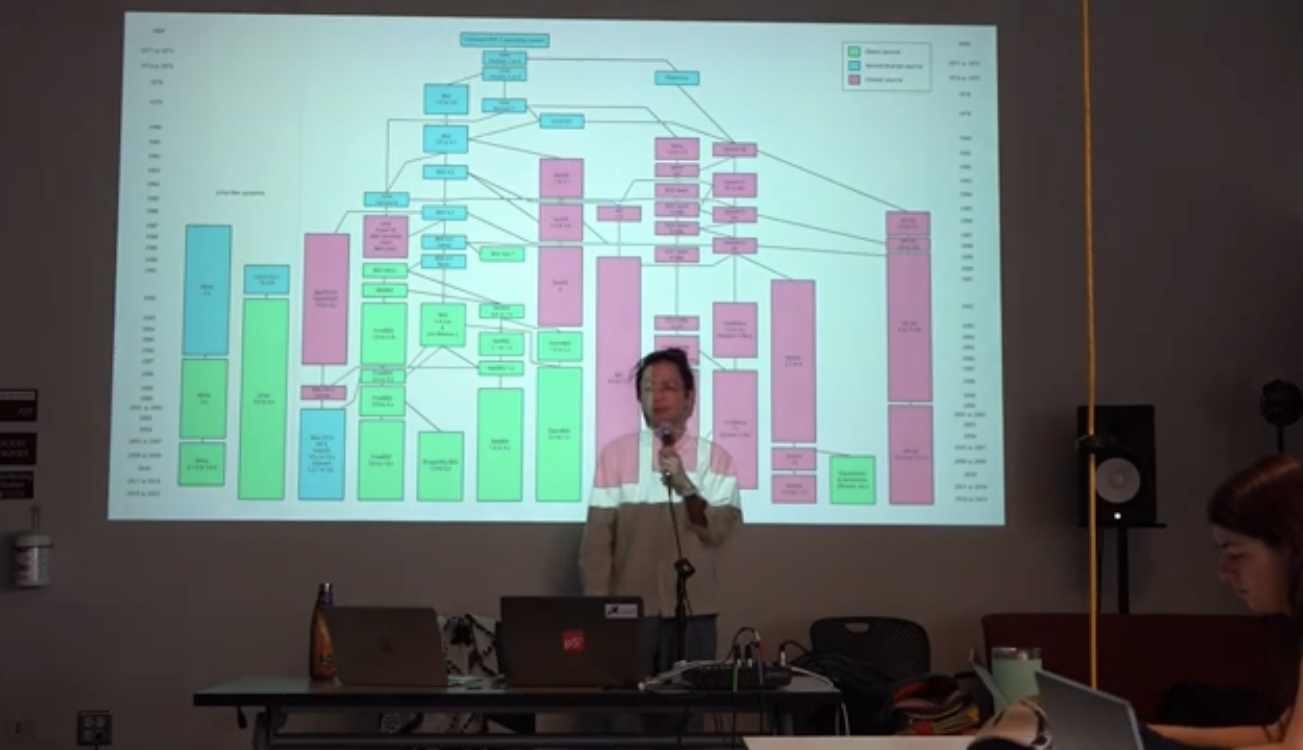
Taeyoon Choi is a visual artist and educator. While he studied art and engineering, he was interested in activism and community organizing. He cofounded the School for Poetic Computation in New York City, where he taught classes on art, coding, social engagement and organized various projects for the first seven years. He taught at Yonsei University and University of Denver, and participated in various media art projects and institutions. However he’s not comfortable with the shallow utopian narrative of ‘Art meets Technology’ and feels cynical when he sees spectacular media art. He’s running an artist-run gallery in Seoul, Forever gallery with a mission for experimentation and accessibility. He’s working on a symposium on Ecological Futures, which will take place in Seoul National University Powerplant. Website
Unmake Lab
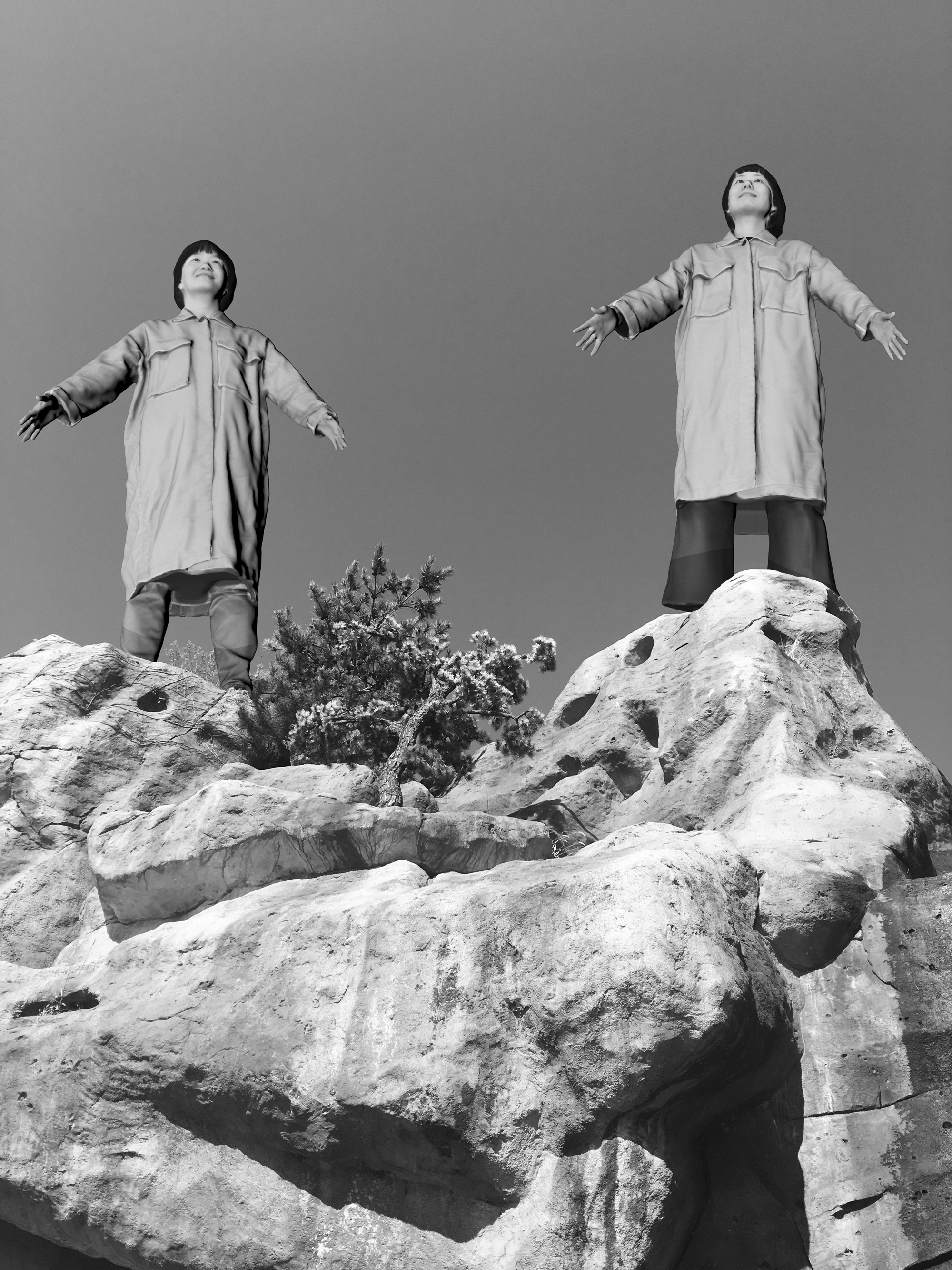
Unmake Lab utilizes machine perception to metamorphose algorithmic fixations into elements of irony, allegory, and humor. They have a special interest in juxtaposing the historical progression of developmentalism with the extractive nature of machine learning, aiming to shed light on the prevailing socio-cultural and ecological circumstances. Recently, their focus has been drawn towards issues surrounding human-centered culture, neocolonialism, and ecological catastrophe, by aligning the predictability found in datasets, computer vision, and generative AI with the concept of “generic nature.” Their primary approach involves educating individuals to interpret the technological society. To achieve this, they engage in initiatives like the ‘Forking Room’ and leading discussions and artistic research. Website
Artcom Platform
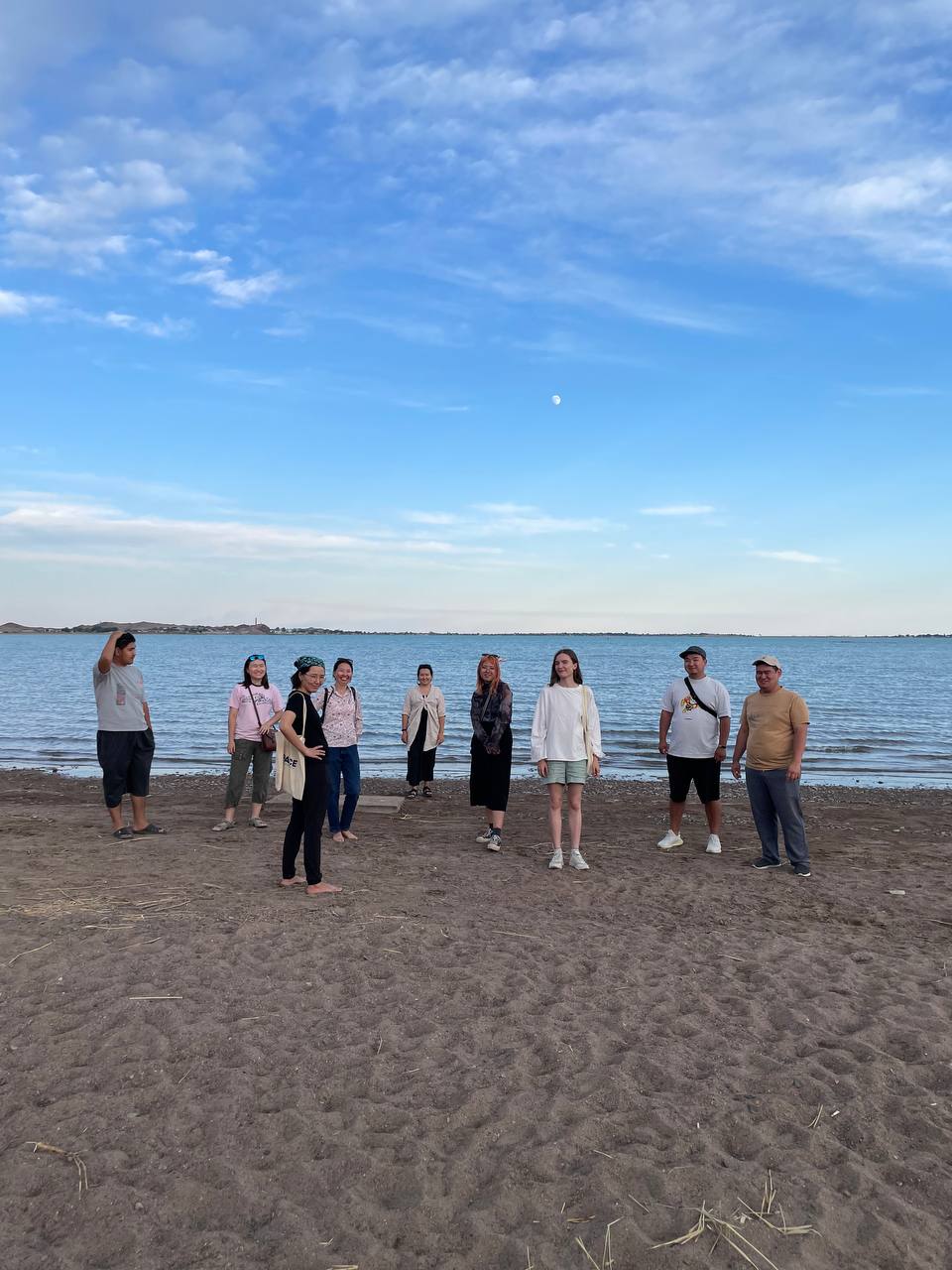
Artcom is a community-based contemporary art and public engagement platform. Our mission is to practice contemporary art, engage and unite communities in a shared care for collective memory, culture and environment for sustainable futures of Kazakhstan and Central Asia. We unlock the potential of art and knowledge production for socio-cultural transformation, environmental and climate justice through self-organized educational programs, participatory art practices, art interventions and interdisciplinary research. These practices are based on grassroots solidarity, nomadic culture, decolonial approach, intersectional feminism and intergenerational integrity. We value diverse forms, practices, opportunities, experiences of coming together and co-creating in our society. We see art as part of everyday life that values initiative and interaction between people from different communities and spheres. Website
Mina Kim
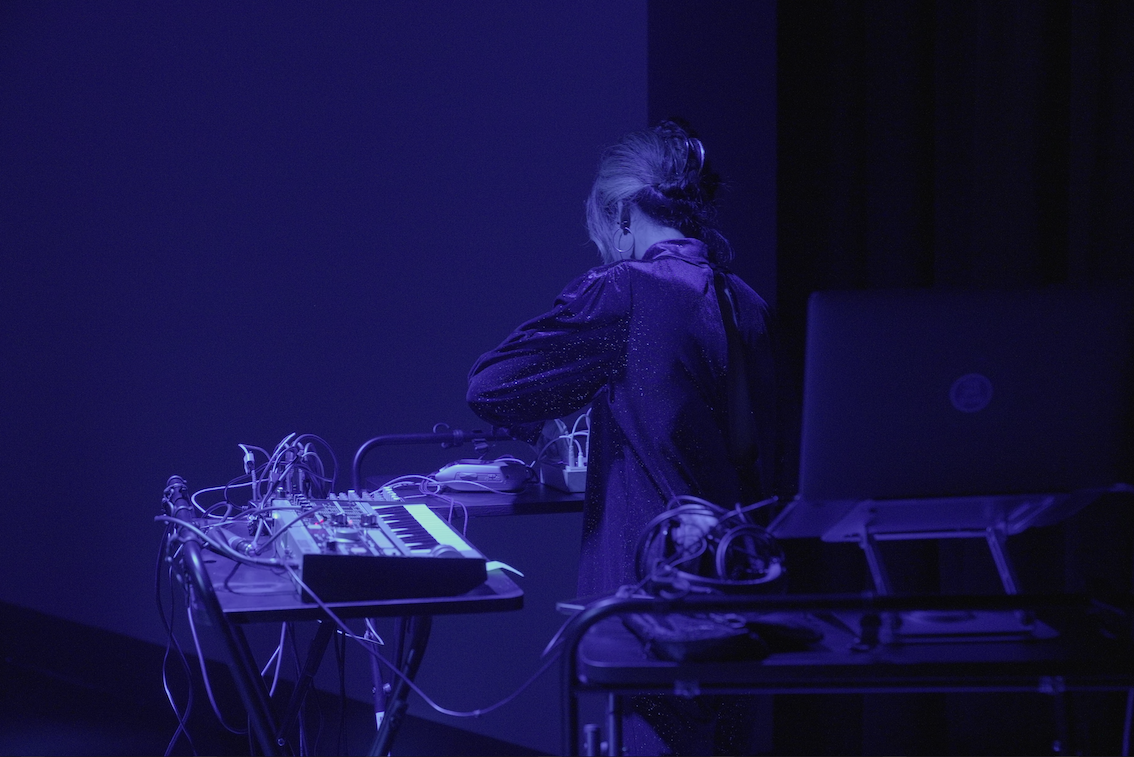
Mina Kim is a media artist and artist-researcher who has presented her work between Korea and the Netherlands, and is currently based in Seoul. She is interested in what is left behind by the development of digital technologies and investigates how human life can coexist with digital debris through the medium of art. She is currently working on art and research on the relationship between the infrastructure of digital technology and the environment. She presents her work through various media and modes of expression including installation, video, web, sound, performance, workshop, and zine. She works with sound under the name Vitamina and has been leading Re#sister Korea, a community for women and queer people interested in experimenting with various sounds, playing and learning together, since 2022.Website
Registration
Contact: studio@taeyoonchoi.com
Network for Ecological Futures is an initiative of the Public Discourse program at rearc.institute

Distributed Web of Care is an initiative to code to care and code carefully.
The project imagines the future of the internet and consider what care means for a technologically-oriented future. The project focuses on personhood in relation to accessibility, identity, and the environment, with the intention of creating a distributed future that’s built with trust and care, where diverse communities are prioritized and supported.
The project is composed of collaborations, educational resources, skillshares, an editorial platform, and performance. Announcements and documentation are hosted on this site, as well as essays by select artists, technologists, and activists.
-
Jun 30, 2024
에콜로지컬 퓨쳐스
-
Jun 30, 2024
Ecological Futures
-
Nov 26, 2022
P2P Residency Berlin
-
Jan 4, 2022
garden.local
-
Jun 7, 2020
Community Over Commodity
-
Mar 18, 2020
Oddkins
-
Oct 10, 2019
New Merchandise
-
Aug 10, 2019
Announcing Decentralized Networks Workshop
-
May 24, 2019
On Stewardship
-
May 23, 2019
Movement Scores
-
May 4, 2019
Who Owns the Stars: The Trouble with Urbit
-
May 1, 2019
Announcing WYFY School with BUFU
-
Mar 5, 2019
Announcing Lecture Performance at the Whitney Museum
-
Feb 25, 2019
Announcing Call for Deaf or Disabled Stewards
-
Feb 7, 2019
Making Space in Online Archives
-
Jan 29, 2019
Accessibility Dreams
-
Jan 28, 2019
Creative Self Publishing
-
Jan 11, 2019
Racial Justice in the Distributed Web
-
Dec 29, 2018
Announcing LACA Residency
-
Dec 28, 2018
Announcing DWC at Code Societies
-
Dec 21, 2018
Building a Museum 353 Years in the Future
-
Sep 11, 2018
Finding Intimacy within Black Feminist Criticism
-
Jul 26, 2018
still stuck with words
-
Jul 26, 2018
Distributed Dance Floor
-
Jun 27, 2018
Announcing Skillshares: Peers in Practice
-
Jun 27, 2018
Announcing the Distributed Web of Care Party
-
Jun 27, 2018
Communities and New Infrastructures
-
Jun 27, 2018
New Gardens
-
May 20, 2018
Announcing Summer 2018 Fellows
-
Apr 28, 2018
DWC Merchandise: Care Shirt & Hoodie
-
Apr 27, 2018
Announcing Artists in Residence at Ace Hotel New York
-
Apr 18, 2018
Documentation: Ethics and Archiving the Web
-
Apr 18, 2018
Call for Fellows and Stewards
-
Apr 17, 2018
Code of Conduct
-
Mar 18, 2018
About
-
Distributed Web of Care